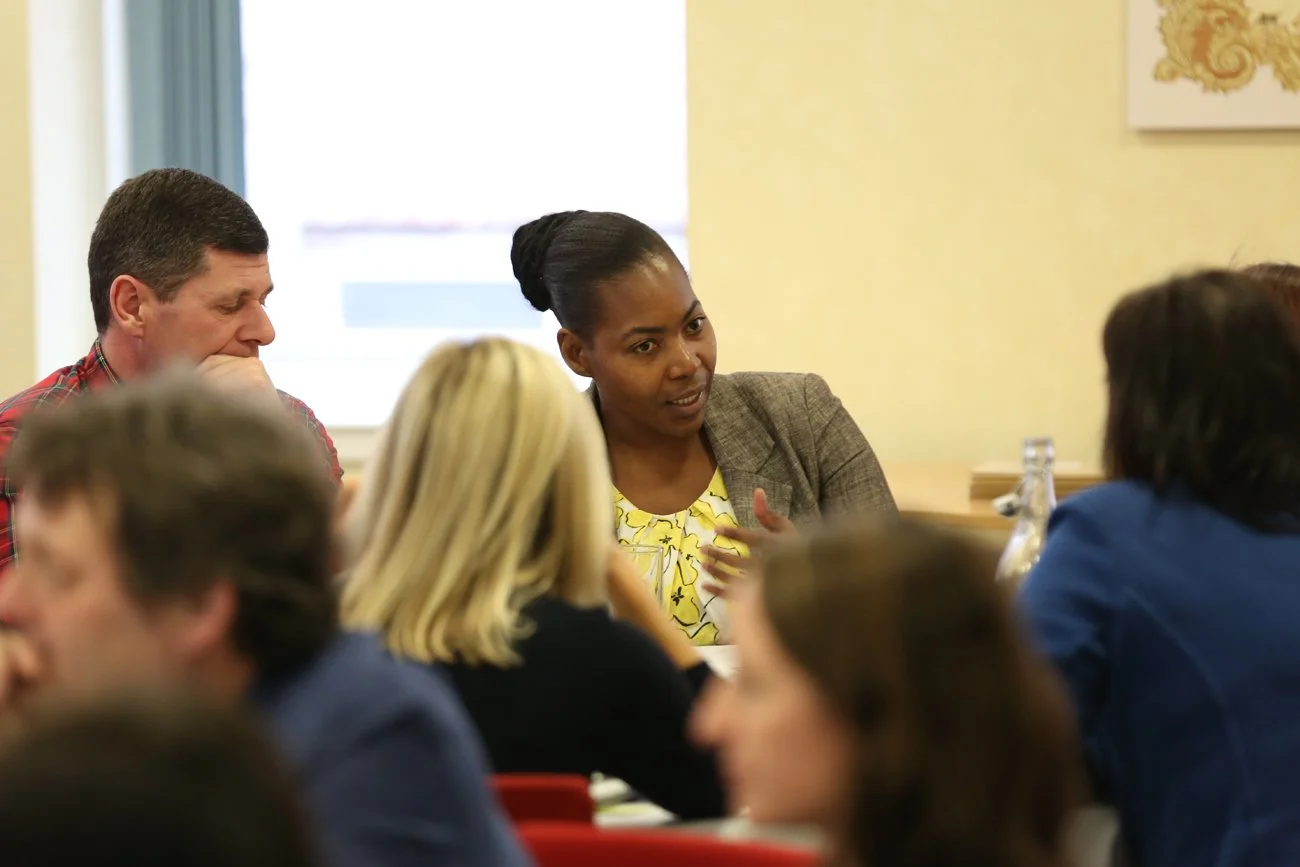Equal outcomes
/Participation requests and equality
What do participation requests mean for equality? This quick guide explains that the legislation should be able to be used to further equality and reduce inequality. It makes some links to wider legislation that may also be useful.
Who can make participation requests?
People don’t have to live in the same neighbourhood to make a participation request. The legislation requires groups making participation requests to say:
which community they are from
that they are mostly from that community
and that they are open to other people joining who are from their community
There are some other requirements not dealt with here – see our ‘Are you ready?’ guide for more.
But for now, it’s worth highlighting that the above three conditions enable communities who share an interest (such as an environmental group) or identity (such as being disabled or LGBTQ) to make a participation request, even if they don’t all live in the same area.
Geography will still be worth considering no matter who your group is. For instance, if you are a Scotland-wide group of people from an ethnic minority and you are interested in improving services in, say, Perth and Kinross, it would make sense for members of your group based in this area to make a participation request.
Why make a participation request around equality?
Participation requests are designed to help communities and public services work together to improve the ‘outcomes’ of services. A simple definition is that outcomes are the long-term change we want to see. For more on outcomes, see our ‘Where do we want to be? Thinking about outcomes’ guide.
If you have an active interest in equality you may already have outcomes in mind that you would like to see improved. For instance, the ethnic minority group in the example above may want to improve health and wellbeing for people from that particular ethnic minority community in Perth and Kinross.
How to make a participation request around equality
In addition to identifying the outcome they want to improve, a group making a participation request is required to show what they will bring to the discussion and how they will help improve the outcome.
This is where your ‘lived experience’ of equality issues is crucial. You have the chance to explain that you and others in your group have first-hand experience of the barriers to using services as well as anything which has helped you overcome these barriers. This is a unique perspective with its own knowledge and expertise, and your voice needs to be heard in order to make services more appropriate and relevant to your community.
In some instances, you may not need to say much more than this. However, your participation request will be even stronger if you can show any of the following:
Evidence of unequal outcomes for your community in relation to the service
Links to other relevant legislation or policy, e.g., around human rights and/or equality. See below for some ideas.
That you have a reach into your community so that the most marginalised voices are heard
If you have previous experience of helping to improve services
Wider considerations
Any group making a participation request should think about what their request might mean for other communities. There are some checks built into the legislation to make sure that participation requests do not adversely impact on others. A public body can reject your participation request if they can show that your involvement in improving an outcome might adversely affect outcomes for other groups. An example might be if a participation request is made which is grounded in an intolerance of another community.
In other instances, public bodies may want to ensure that groups representing all relevant communities are brought into the discussion which results from the participation request. The public body is entirely within its right to do so and this is also in keeping with good community engagement practice – see the link to the National Standards for Community Engagement below.
Links to more information
Communities Channel Scotland contains resources and links to information on equality, inequality and human rights, as well as to organisations working in these areas.
The National Standards for Community Engagement provide seven good-practice principles designed to improve and guide the process of community engagement. They help to think about equality and to identify and involve anyone who is affected by an engagement or participation process.
The Scottish Government has created an Equality Evidence Finder that you can use to find any equality policies in relation to both equality characteristic and policy areas. Highlighting relevant policy around equality could help make the case for your participation when filling in your participation request form.
The Equality and Human Rights Commission website contains information for voluntary and community organisations relating to equality and human rights.
The Fairer Scotland Duty is a piece of legislation passed by the Scottish Parliament which places a legal responsibility on particular public bodies in Scotland to actively consider how they can reduce inequalities of outcome caused by socioeconomic disadvantage.


